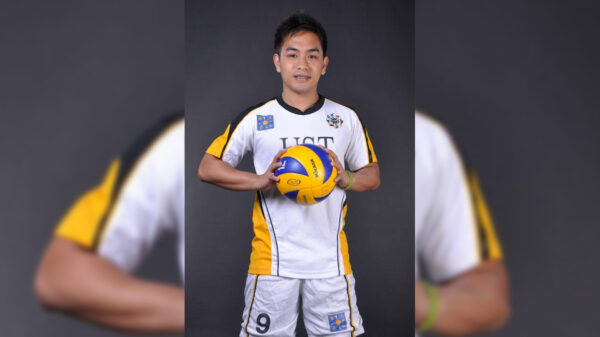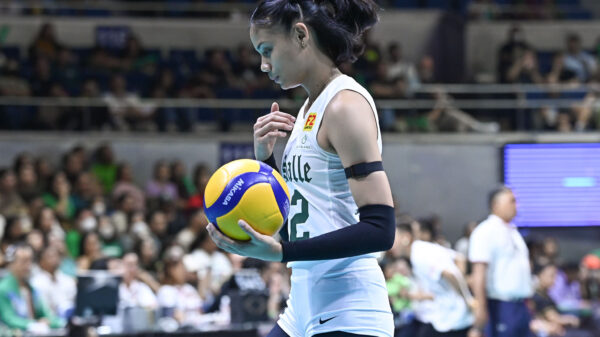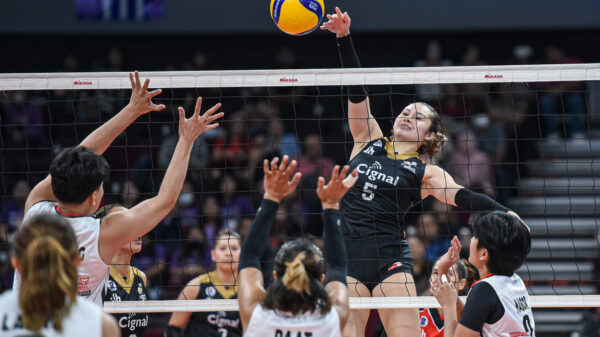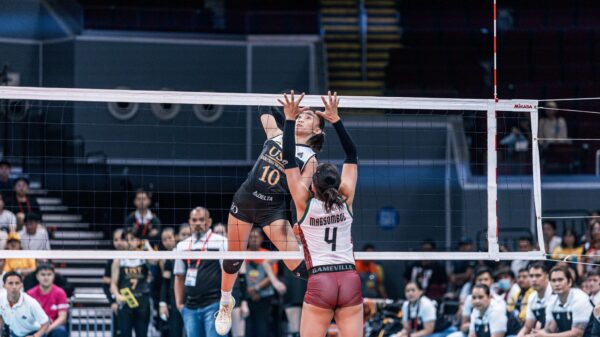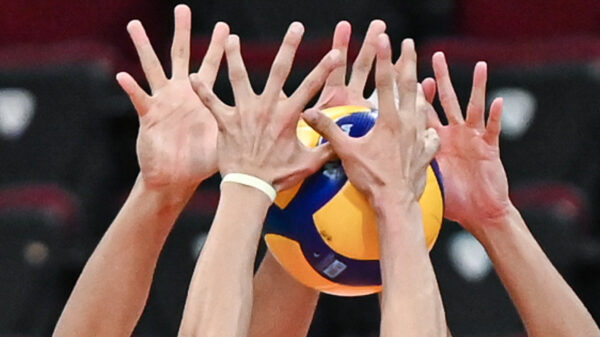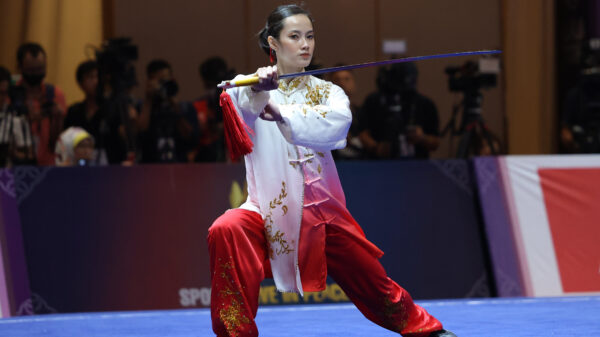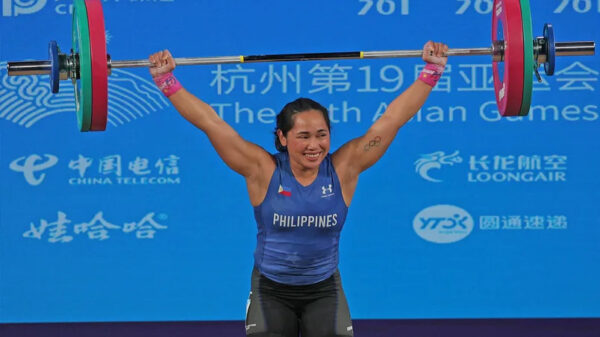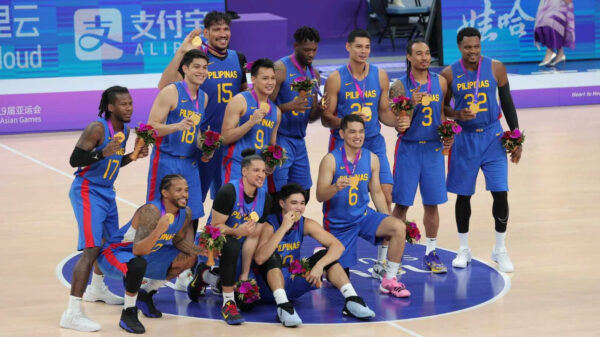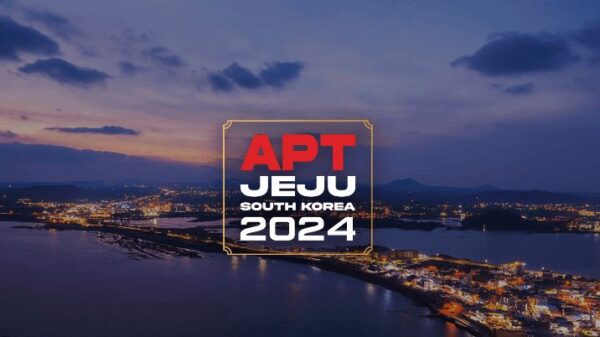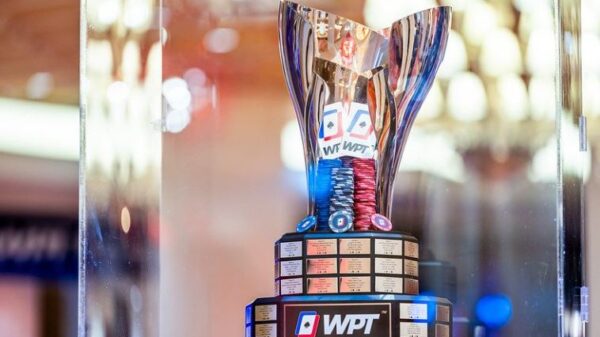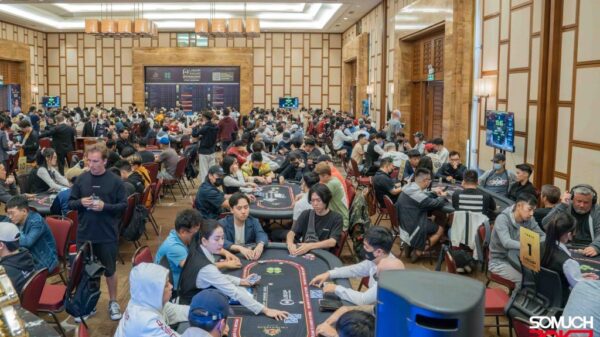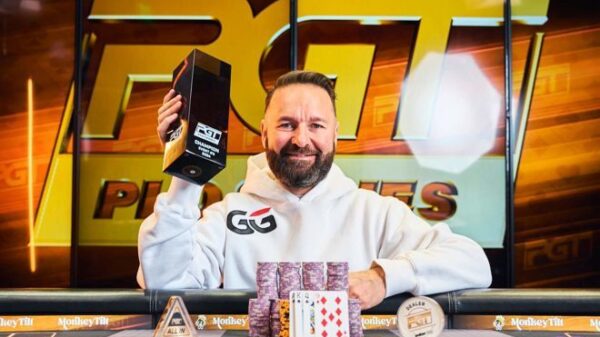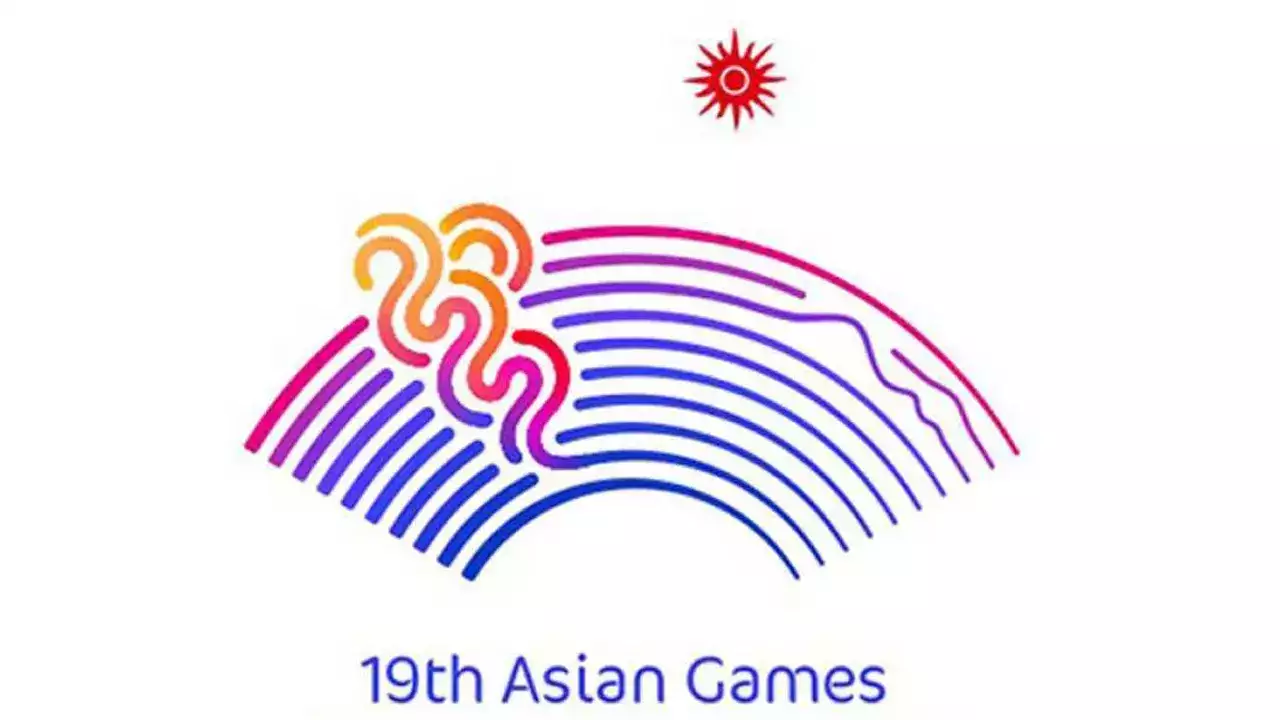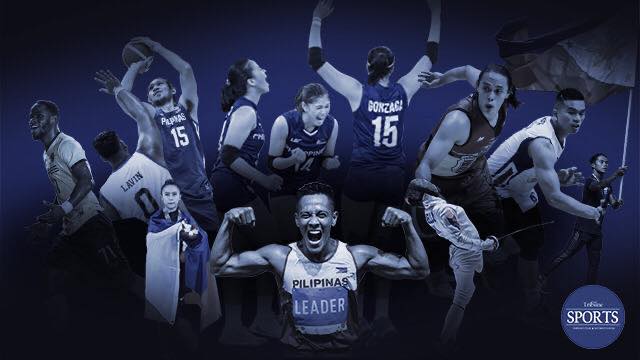Weighty issue
HANGZHOU, China — Team Philippines’ struggle in the ongoing 19th Asian Games here should not be blamed on the lack of preparation or poor performance of the national athletes.
Weight also plays a crucial factor.
Save for EJ Obiena, all of the national athletes expected to deliver didn’t compete in their natural weight categories.
Olympic gold medalist Hidilyn Diaz of weightlifting was supposed to compete in the 55-kilogram event but ended up seeing action in the 59-kg class, where she salvaged a fourth-place finish.
Same goes for Elreen Ando, who copped the Asian Games bronze medal in the 64-kg category despite ruling the Southeast Asian Games in the 59-kg class.
In boxing, Carlo Paalam won the silver medal in the 54-kg event of the Tokyo Olympics but fell prey to the taller, bigger Uzbek foe in the 57-kg battle of this quadrennial event.
Olympic bronze medalist Eumir Marcial also struggled against bigger foes after climbing from 75 kgs to 80 kgs.
Pinoys cheer for Gilas
HANGZHOU, China — Despite playing in a hostile territory, Gilas Pilipinas still drew the support of some Filipinos based here.
Mark Anthony Geguera led a small group of Filipinos who cheered their hearts out when Gilas beat Iran in the quarterfinals of the men’s basketball event of the 19th Asian Games.
Geguera, an Attache of the Philippine consulate in Shanghai, said their emotions were overflowing in every single basket and defensive stops that Gilas Pilipinas made against the taller, more aggressive Iranians.
“Watching our countrymen play brings a different level of happiness and excitement whenever we see our countrymen plan,” Guguera said.
“This is our first time to have this kind of competition after the pandemic so everybody is excited and happy to watch them live in action.”
“We’re supporting our Gilas Pilipinas 100 percent.”
Gilas beat Iran, 84-83, to book a semifinal duel against the mighty Chinese.
The Filipinos’ cheers and prayers were worth it.
Whole new ballgame
HANGZHOU, China — Gilas Pilipinas head coach Tim Cone marvels at the level of competition in the Asian Games compared to the last time he was here 25 years ago.
Cone, the most successful mentor in the Philippines, said a lot of teams have gotten better, making it hard for the Filipinos to come up with easy victories in the prestigious continental meet.
Iran, for one, is now considered a serious threat.
“I’ll tell you what, in 1998, we were not thinking about Iran,” said Cone, who led the Centennial Team to the bronze medal while the Iranians finished at seventh with just two wins in six matches in the Bangkok Asian Games in 1998.
“We’ll just beat them up and go on to the next game. Iran wasn’t really not that good.”
But in 2007, Iran hired a Serbian coach in Rajko Toroman, who led them to the Beijing Olympics after winning the title of the FIBA Asia Men’s Championship.
Iran kept its core intact and became a powerhouse while other West Asian countries like Jordan, Lebanon and Qatar figured prominently in the international arena.
“Jordan, another team we didn’t think would be good. We would have beaten them easily in 1998,” Cone said, referring to the squad heavily favored to win the Asian Games title.
“Teams have all gotten better. They all have gotten better and it’s a struggle each time out.”
“It’s a whole new ballgame right now.”

